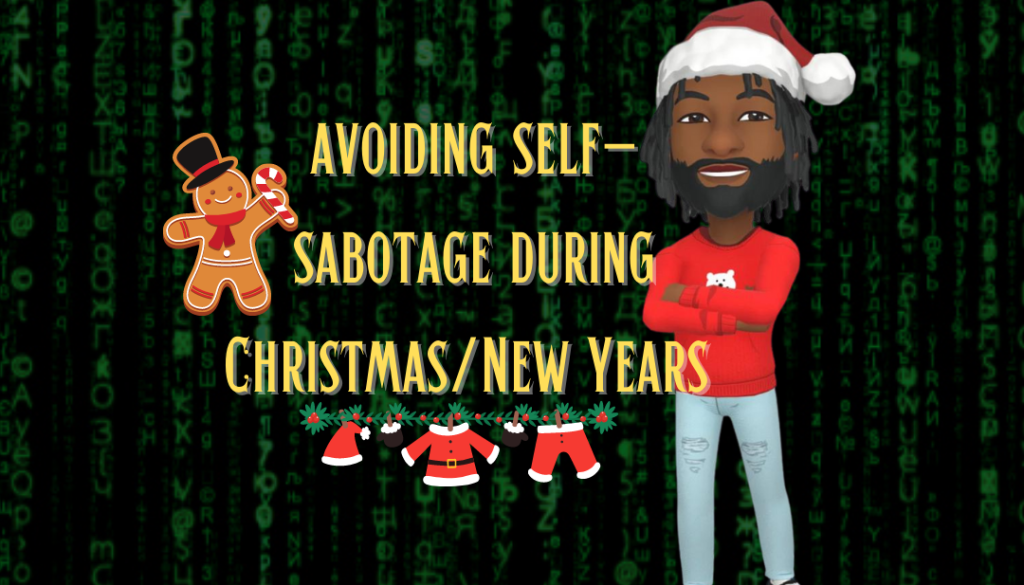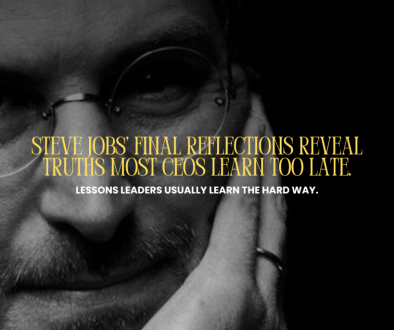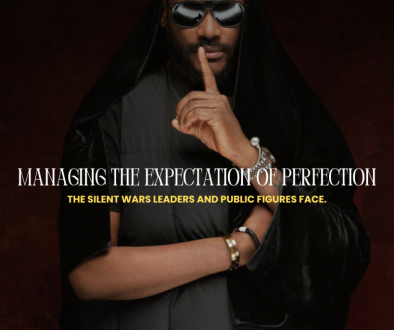Avoiding self-sabotage during Christmas
Avoiding self-sabotage during Christmas

The end of the year is a very emotional time for most adults. It is usually a time when we take stock of how the year has gone for us, to reflect on the goals we set out to achieve in different areas of our lives and to account for how well we believe we have done. It is also a season of festivals and celebration, but the state of affairs in our business and personal lives usually set the tone for how we participate in these events. During this season, advertisers and marketers try to achieve as much sales as possible by appealing to our insatiable desires to consume more than we actually need. Everywhere online and offline, you find Christmas promotions for events, gifts and things to spend money on, for yourself and your loved ones. In our current society it is normal to feel an increase in our desires and needs as we move closer to the festive season. It is important to be mindful of all these external dynamics at play, that also affect how you feel about yourself during the end of year season.
During this season, the average adult is thinking about the following things:
- How much they achieved or didn’t achieve (weighing out effort versus results)
- How much money they have made that year
- If they made enough money to satisfy their Christmas responsibilities, desires and expectations
- Gifts to get or things to do to reward themselves (new clothes, gadgets, vacations, events)
- Gifts to reward the people they care about in life (parents, children, siblings, friends, partners)
- Fulfilling expectations of other people’s needs (partner, family etc.)
- Dealing with thoughts of not doing enough or being enough
- Dealing with FOMO (fear of missing out)
In essence, it becomes easy for us to focus on lack, the things we were not able to achieve, the things we cannot afford to do or buy, or the people we would be unable to please, instead of really focusing on ourselves and reflecting on the important details of our year. It also becomes very easy for us to judge ourselves in comparison to other people and how their own end of year is looking, without knowing the full details of their year.
As adults, it is very important for us to have a clear view of how our lives are going to ensure we are proceeding in the right direction, and in order to get an accurate picture, we CANNOT only focus on the negatives. We must become great at becoming aware of the small and big positives in our lives while being objective about the negatives as well. We must become great at analyzing our weaknesses and growth opportunities without invalidating our own efforts and progress.
So how do we get an accurate reflection of our year without self-sabotaging? First, I’ll define “self-sabotage” as behavioral or thought patterns that stop us from achieving the goals we want to achieve in varying areas of our lives. It is possible to have self-sabotaging behaviours in one area of our life and not in others. To begin getting an accurate reflection of the year we must start by looking though our clear filters or lenses (the positive sides) before we begin looking through our darkened filters (the negative sides). Focusing on what we did wrong or what we lack first, leads us towards low confidence, dejection, and demotivation. It doesn’t help us to feel good and it doesn’t inspire us to want to do better. It only slowly builds self hate and a feeling of unworthiness. Focusing on self-appreciation FIRST and observing positive developments allows us to channel love, appreciation and worthiness into ourselves which gives us the motivation to be patient with ourselves as we push towards achieving our goals in life. It also helps us to avoid overcompensating for other people or societies’ expectation of us in the season or in life. We can then carry this feeling of worthiness and love into the goals we would be looking to achieve the following year.

Here are some effective, end of year self-reflection questions we can ask ourselves to enable self-appreciation and self-development without self-sabotage.
5 important self-appreciation questions
- What are 3-5 things you should thank YOURSELF for this year
- Write down 1 (or more) major areas of your life that you noticed a major improvement in this year
- Write down the 5 BIGGEST things you are grateful for this year?
- Write down the one thing you are most proud of yourself for in the last year?
- Write down the biggest thing you are grateful for overcoming or accomplishing?
5 important self-improvement questions
- Write down 3-5 major events that shaped your year
- What were your key takeaways from these major events?
- What are your 3 biggest personal lessons from the year?
- How do you plan to implement these lessons next year?
- If you could make only one major improvement to how you live your day to day life next year what would it be?
7 quick tips to avoid self-sabotaging this Christmas
- Practicing gratitude and self-appreciation first (recognize all the good you have done this year)
- Words of affirmation (shower yourself with positive words and thoughts, thank yourself for the effort you put in)
- Acts of kindness and gentleness towards yourself (in thoughts, words and deeds)
- Avoid comparison and living up to other people’s expectations
- Remembering to prioritize yourself and your needs (especially mentally and emotionally)
- Avoid overcompensating for other people’s expectation (have healthy boundaries on your time, energy and finances and do not cross them for anyone)
- Avoid FOMO
The only people who aren’t enjoying life are the dead…Be grateful!
One love
Blink
To comment on this post, join the private community:
On WhatsApp: https://chat.whatsapp.com/FaN43gwWrRTCKgrUdAgDZz
On Telegram: https://t.me/+du-ySnTd9ntjYWJk
Are you one of us?
Checkout the site shop for tools to help achieve your highest level of well-being!



